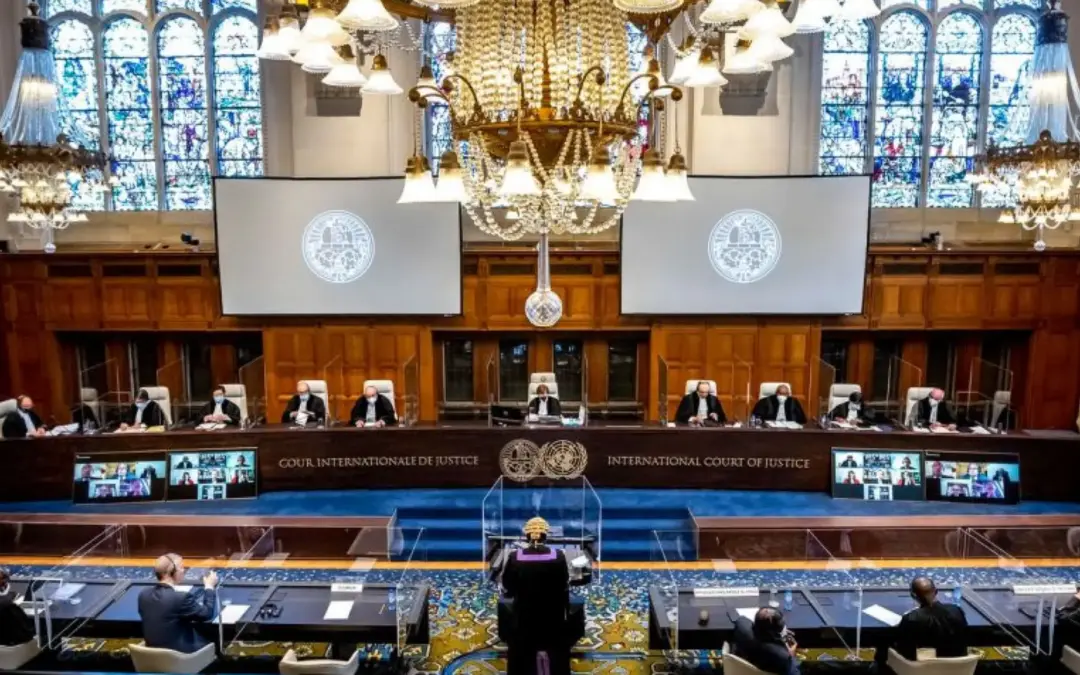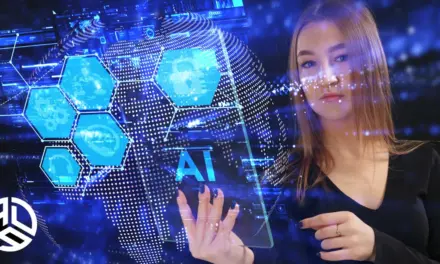Artificial intelligence (AI) has undoubtedly revolutionized the way we interact with technology and the world around us. From personalized recommendations to autonomous vehicles, AI’s impact is profound and far-reaching.
However, as AI continues to advance at breakneck speed, it brings with it a myriad of ethical dilemmas that demand careful consideration. Striking a balance between AI’s capabilities and its ethical implications has become an urgent challenge that requires our immediate attention.
The Ethical Conundrum of Decision-making Algorithms
One of the most pressing ethical concerns in AI lies in the development of decision-making algorithms. These algorithms, although designed to optimize efficiency and accuracy, can inadvertently perpetuate biases present in the data they are trained on.
This has far-reaching consequences, as biased AI systems can exacerbate societal disparities and reinforce discriminatory practices. Whether it’s in hiring processes, criminal justice systems, or loan approvals, the use of AI algorithms demands transparency and fairness to ensure that the technology serves the greater good.
The Specter of Privacy Invasion
AI’s proficiency in processing massive amounts of data has raised serious questions about privacy. As AI systems increasingly collect and analyze personal information, individuals’ right to privacy may be compromised.
Balancing the potential benefits of AI-driven services with the preservation of privacy rights is an ongoing challenge for policymakers and technologists alike. Stricter regulations and transparent data usage policies must be established to safeguard the privacy of individuals and prevent data misuse.
The Moral Dilemma of Autonomous Machines
The advent of autonomous machines, such as self-driving cars and AI-powered drones, poses ethical dilemmas that demand immediate attention. These machines are capable of making life-and-death decisions, often in complex and unpredictable situations.
As creators, we must program them with ethical guidelines that prioritize human safety without veering into a realm of moral ambiguity. Determining who bears responsibility when an autonomous vehicle faces an inevitable accident remains a challenging question that requires thoughtful contemplation.
AI and the Future of Work
The widespread adoption of AI has stoked fears about job displacement and the future of work. While AI has the potential to enhance productivity and create new opportunities, it also raises concerns about job automation and the potential consequences for human workers.
Striking a balance between AI’s efficiency and the need for human labor is vital to ensuring a sustainable and equitable workforce. Upskilling and reskilling programs can play a significant role in preparing the workforce for the AI-driven economy of the future.
Preserving Human Autonomy in Decision-making
As AI becomes more sophisticated, there is a risk of human decision-makers excessively relying on AI recommendations, leading to a loss of human autonomy and accountability. It is essential to maintain a human-in-the-loop approach to AI, where humans are ultimately responsible for the final decisions made by AI systems.
Emphasizing human judgment and oversight can mitigate the risks of over-reliance on AI and prevent undue delegation of decision-making power to machines.
The Looming Threat of Deepfakes
Deepfake technology, driven by AI, has raised significant concerns about misinformation and the erosion of trust in media and public discourse. The potential for deepfakes to deceive and manipulate poses ethical challenges that must be addressed proactively.
Collaborative efforts between technology companies, policymakers, and media organizations are required to develop effective detection methods and educate the public about the existence and dangers of deepfakes.
Balancing Innovation and Regulation
The rapid pace of Artificial intelligence advancement has often outpaced the development of comprehensive regulatory frameworks. Striking a balance between fostering innovation and implementing necessary safeguards is crucial.
Overly restrictive regulations can stifle innovation, while inadequate oversight can lead to unintended consequences and misuse of AI technology. Policymakers must strike a balance that encourages AI progress while addressing ethical concerns.
Inclusivity and Diversity in AI Development
Diversity is critical in AI development to avoid biased technology and ensure AI systems work effectively for all users. Homogenous development teams may unintentionally embed their biases into the AI models they create, leading to unequal outcomes.
Emphasizing inclusivity and diversity in AI research and development can help avoid perpetuating existing societal biases and create technology that truly benefits all.
Conclusion
As AI continues to evolve and permeate all aspects of our lives, addressing the ethical dilemmas it presents is not an option but an imperative. Striking a balance between the technological advancements and the ethical considerations is a responsibility shared by researchers, policymakers, and the broader society.
By fostering open dialogues and promoting transparent AI development, we can forge a future where artificial intelligence is a powerful force for good while upholding our ethical principles and values. The key lies in striking a delicate balance that maximizes AI’s potential while ensuring it aligns with our shared vision of a just and equitable world.











